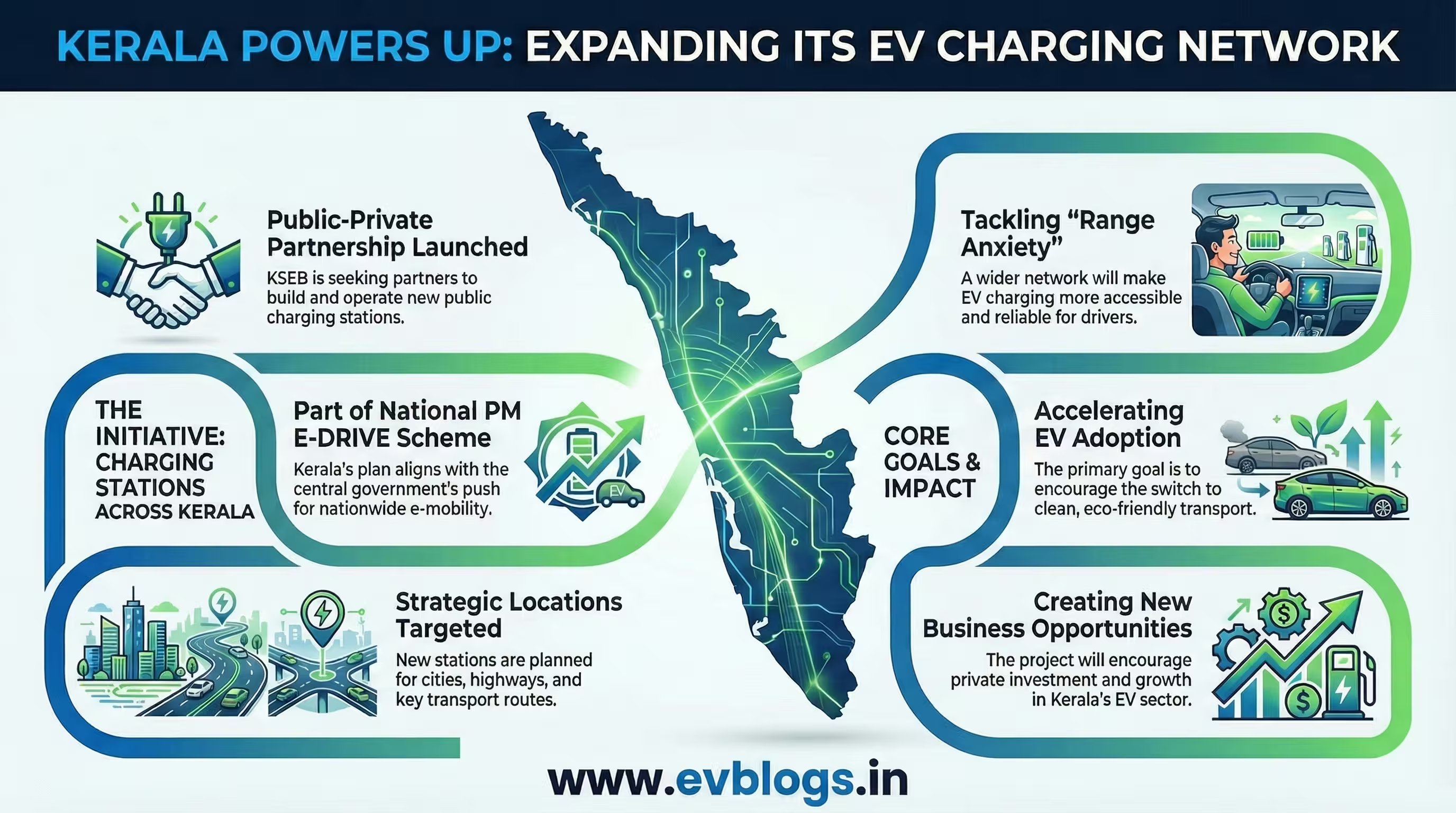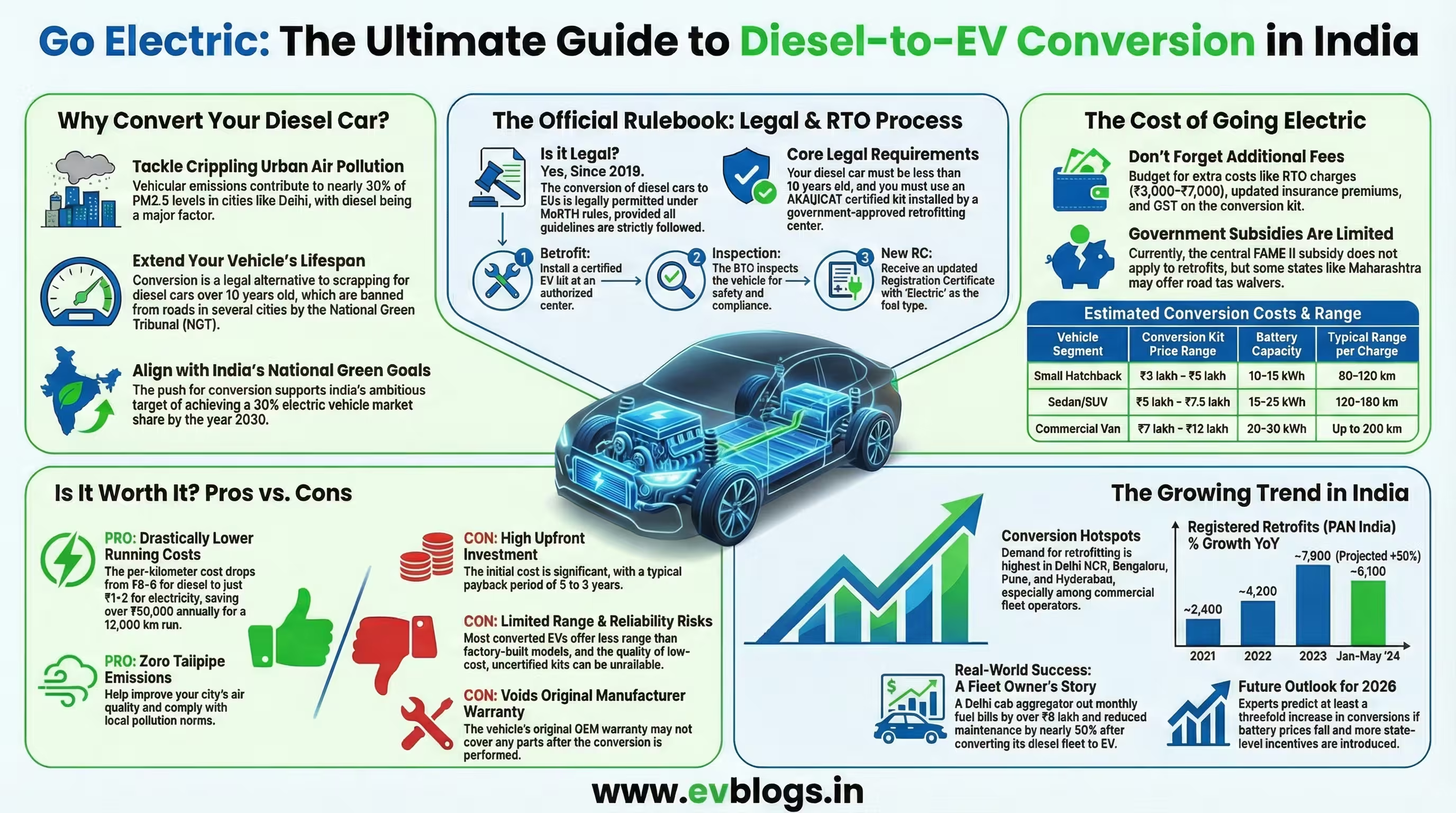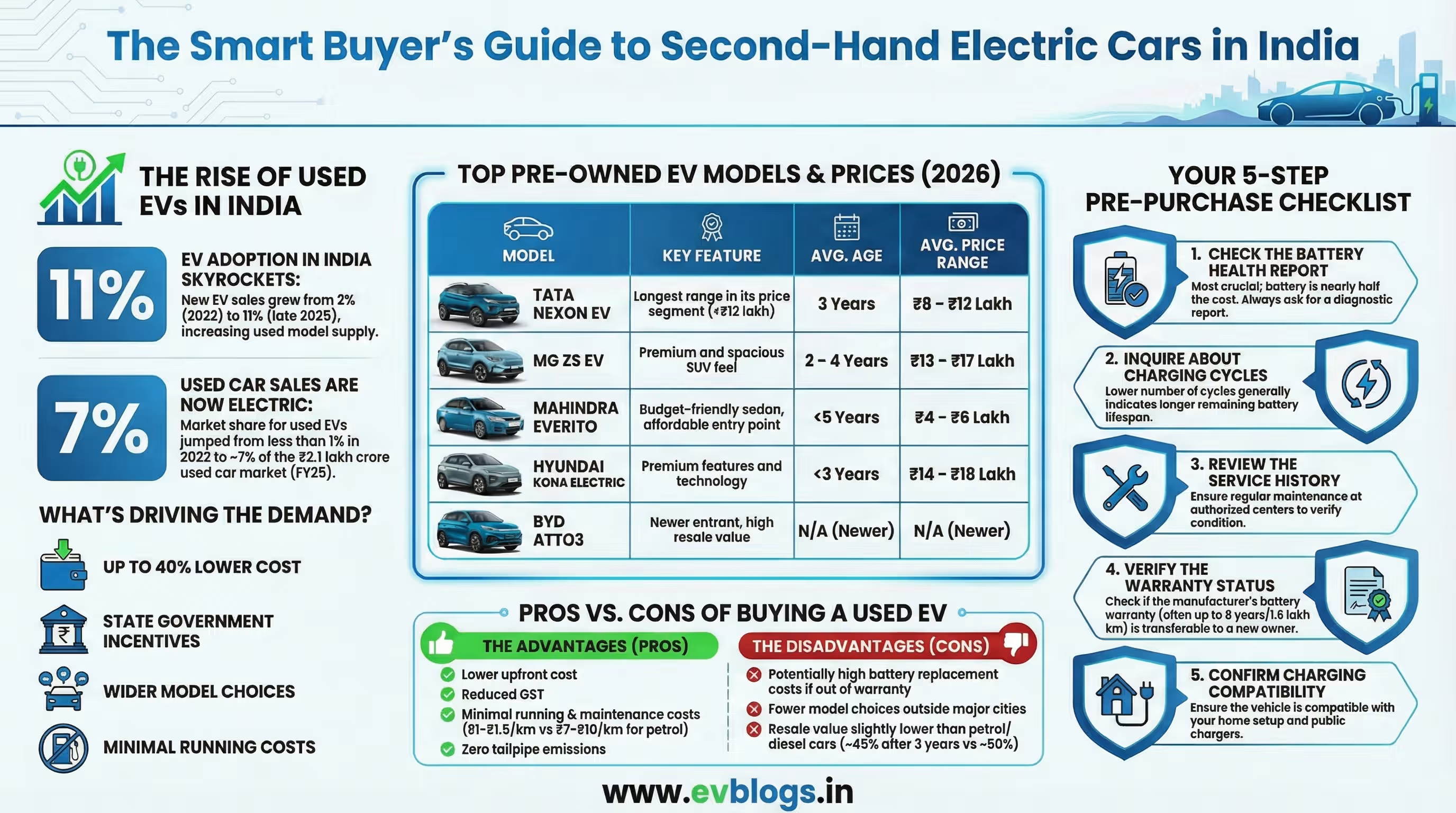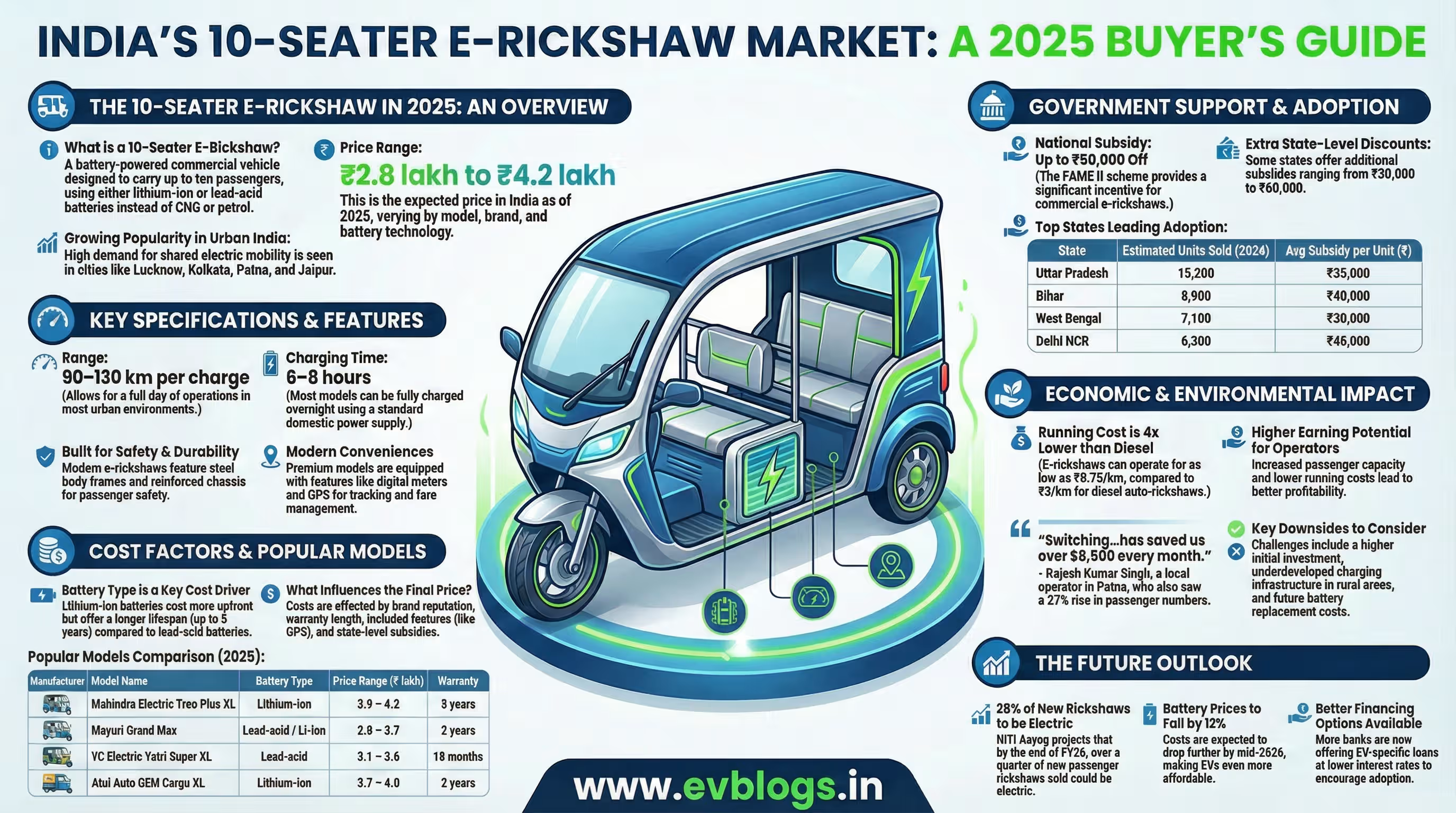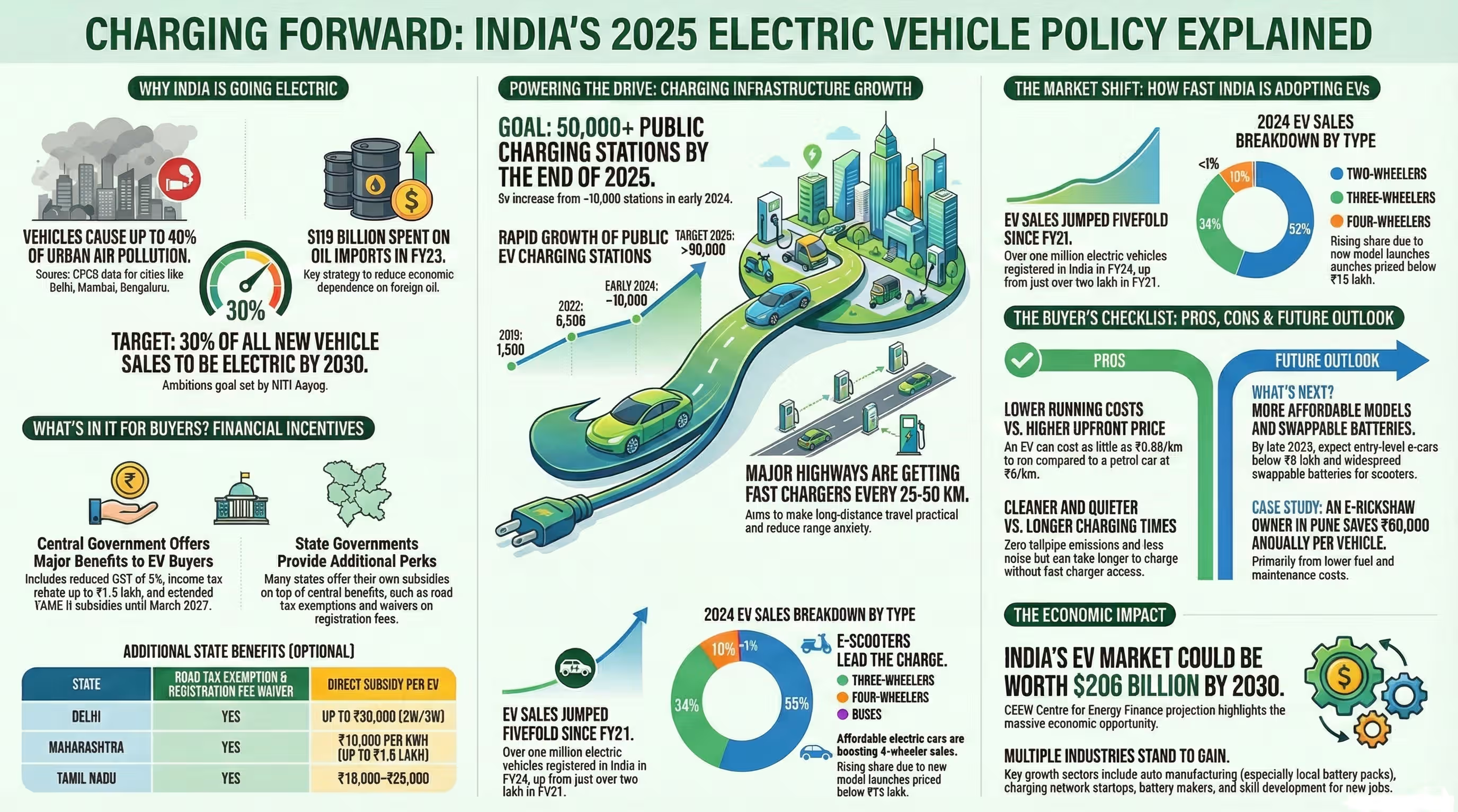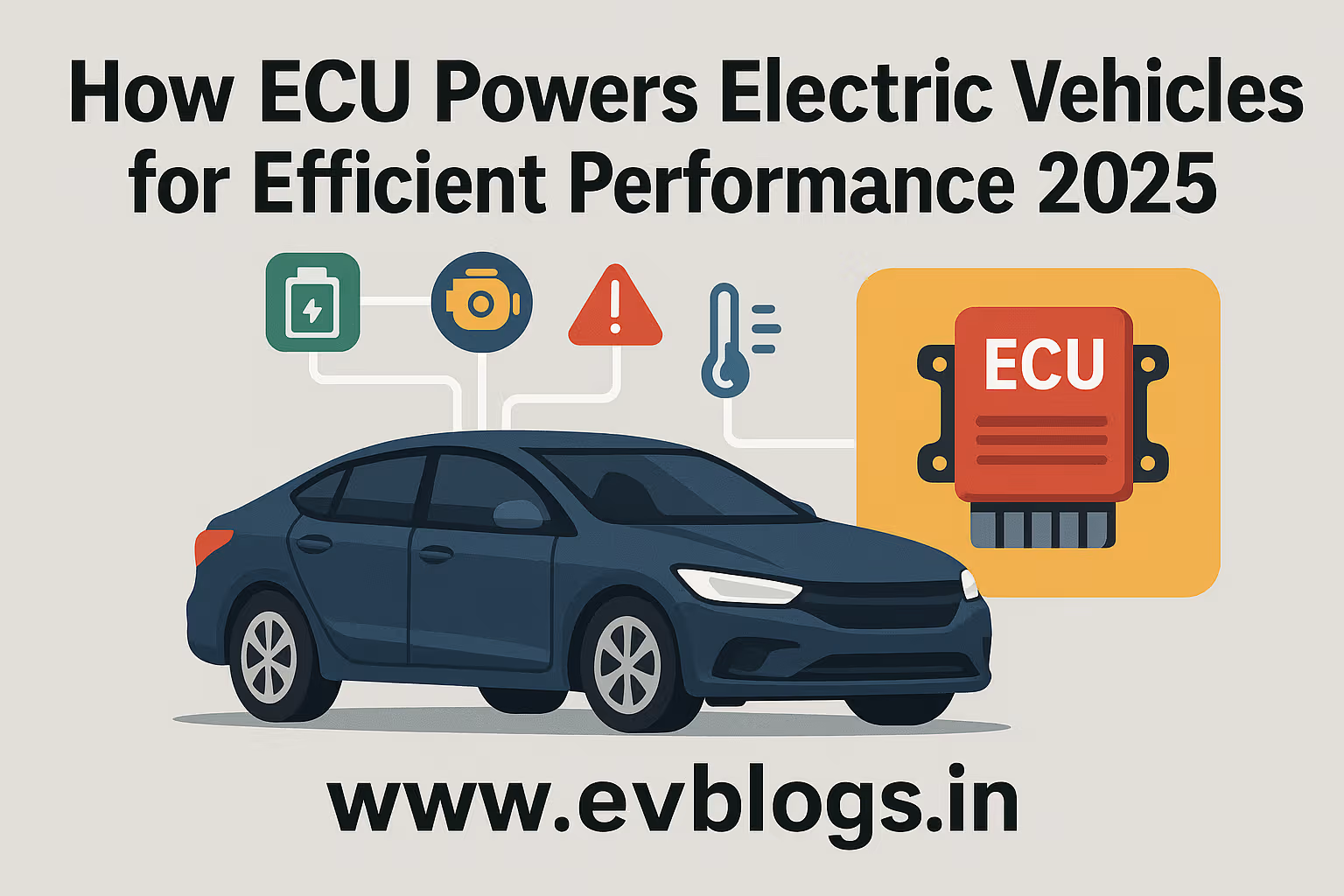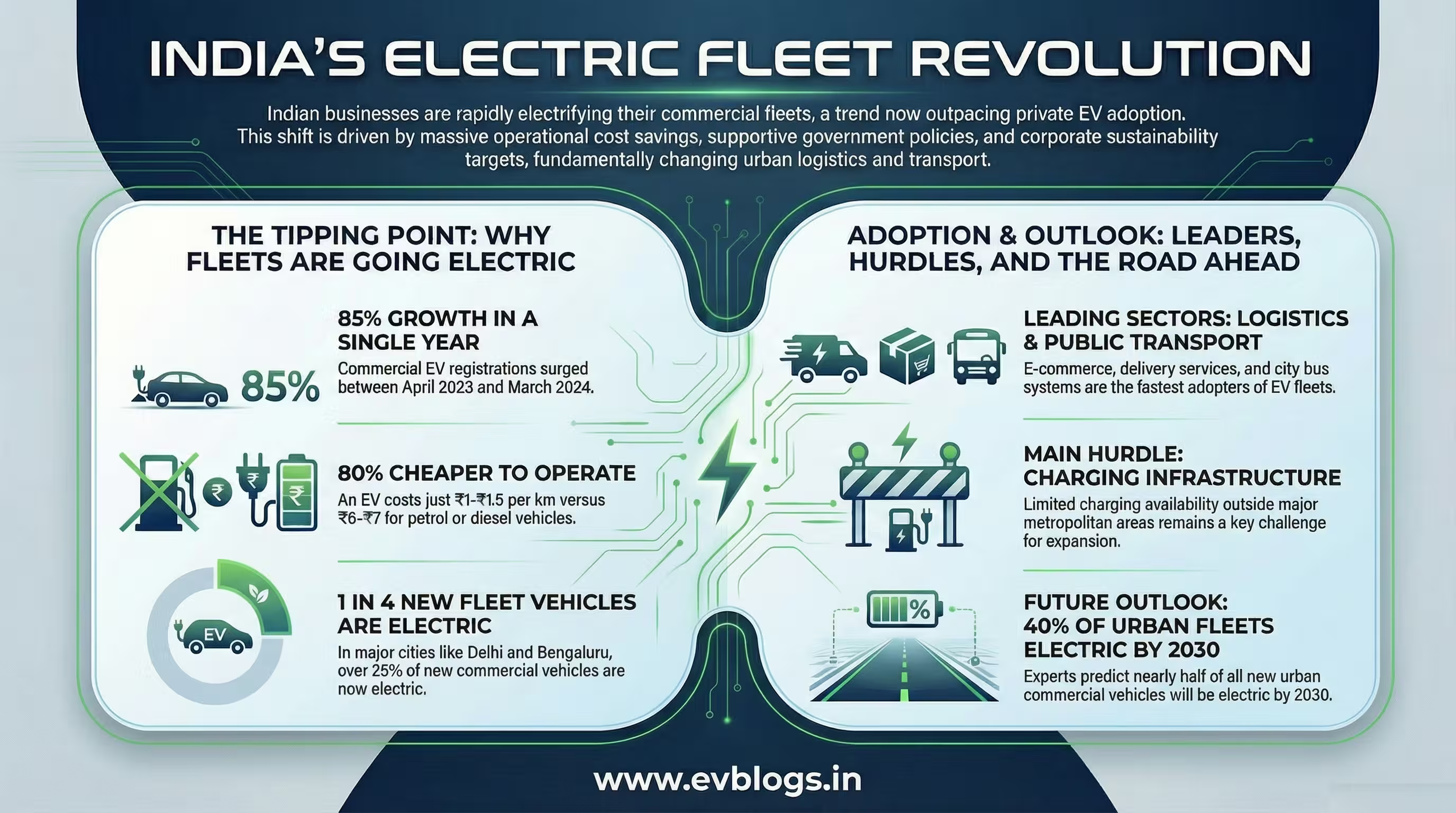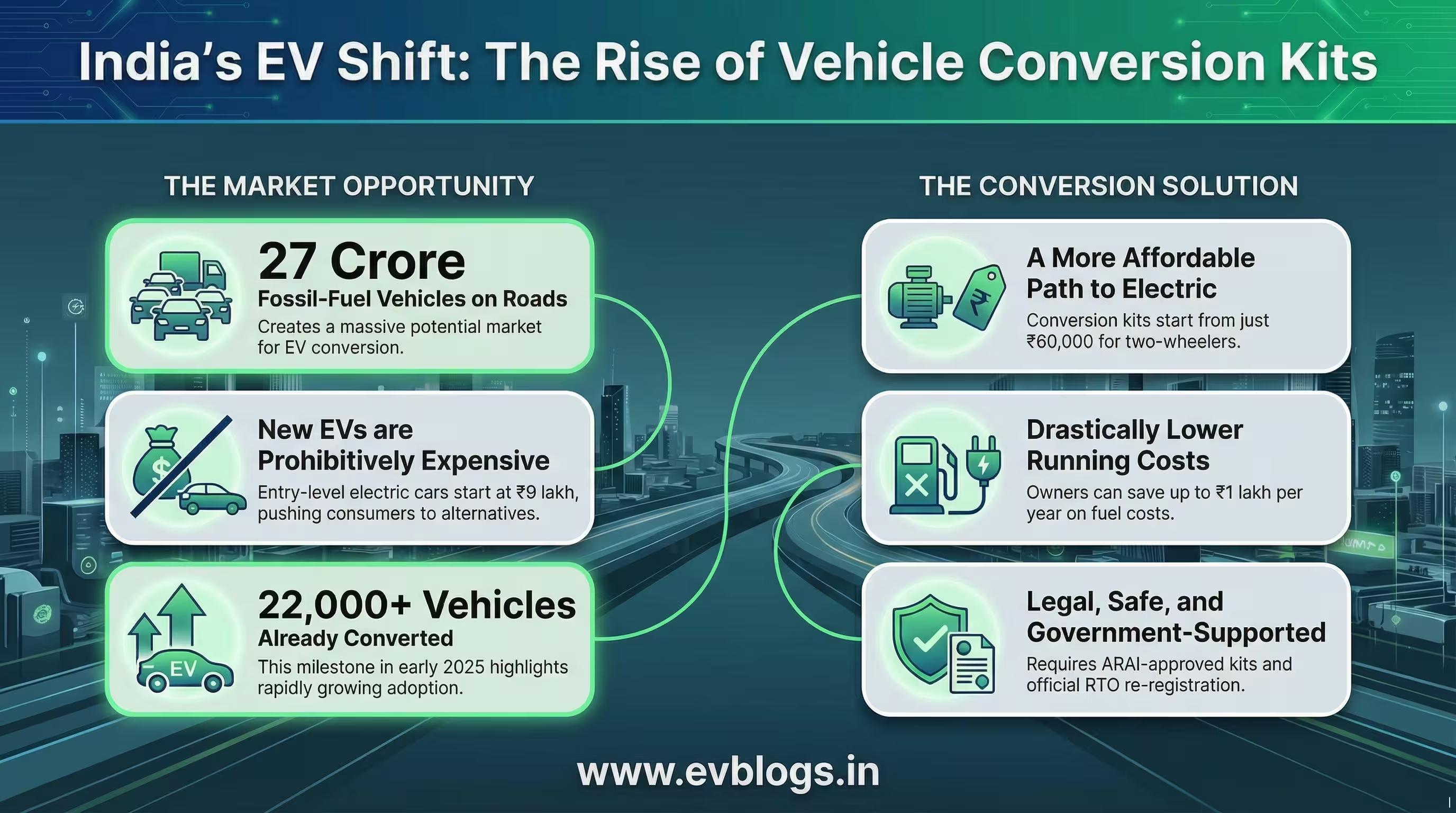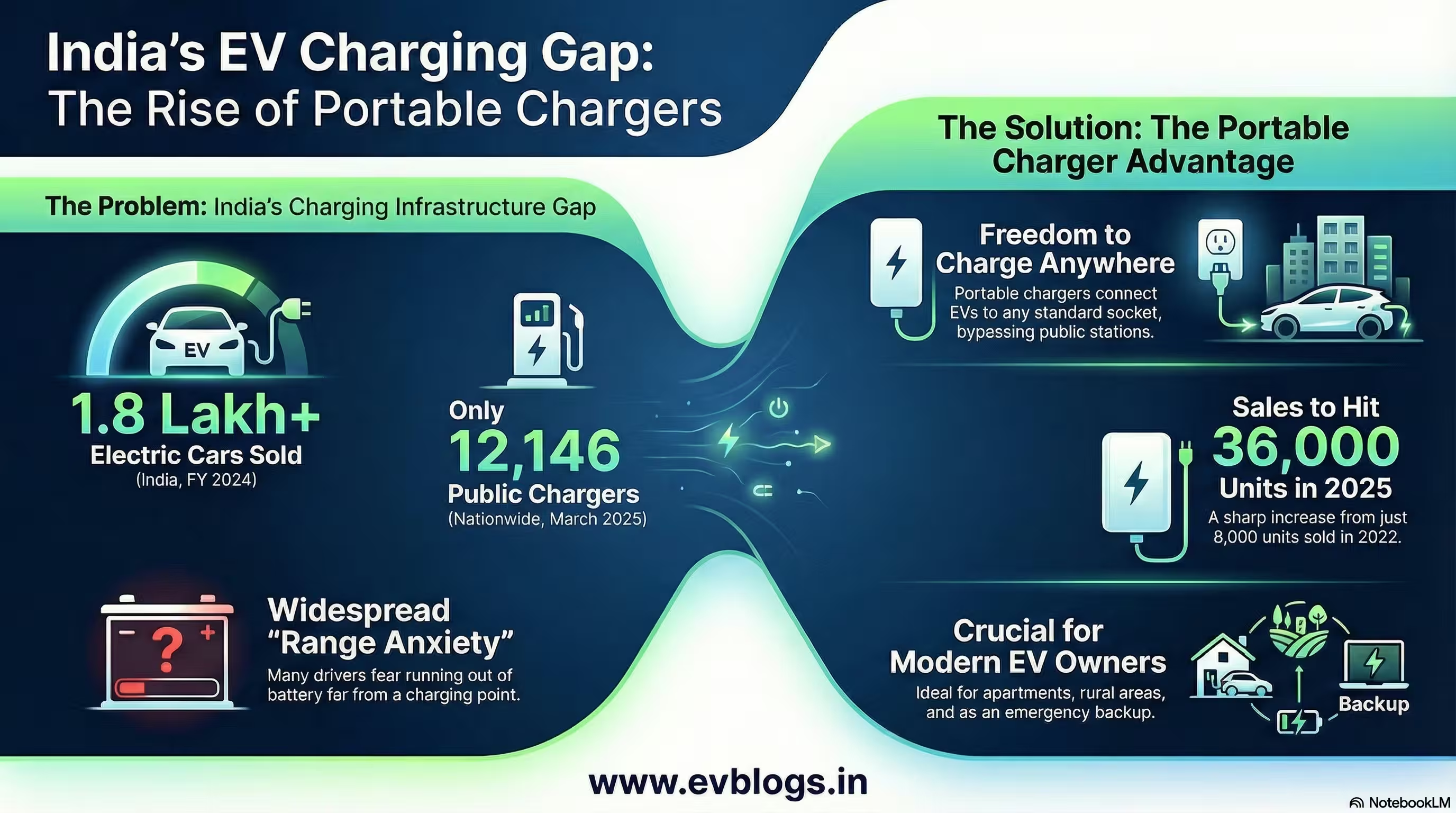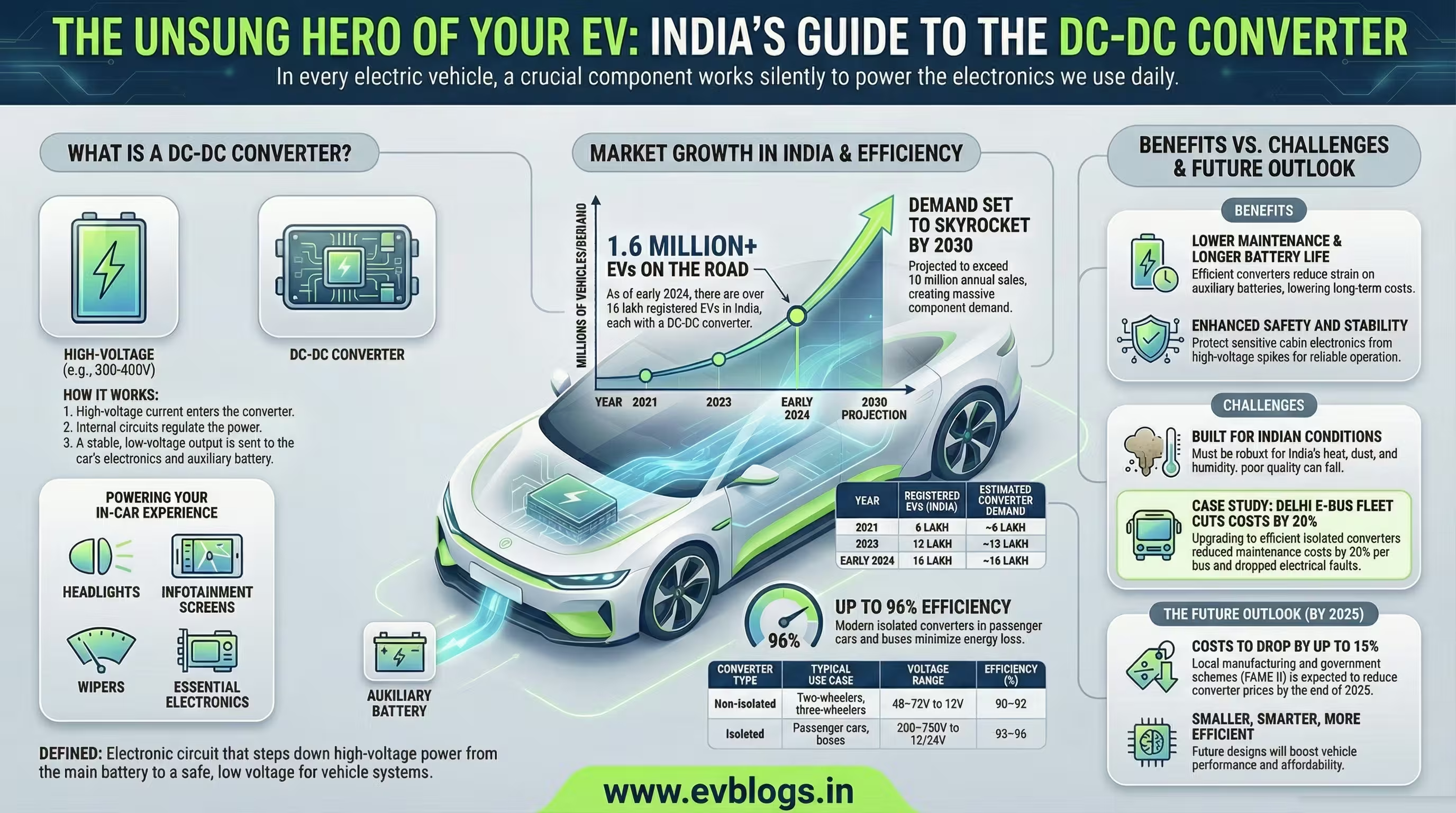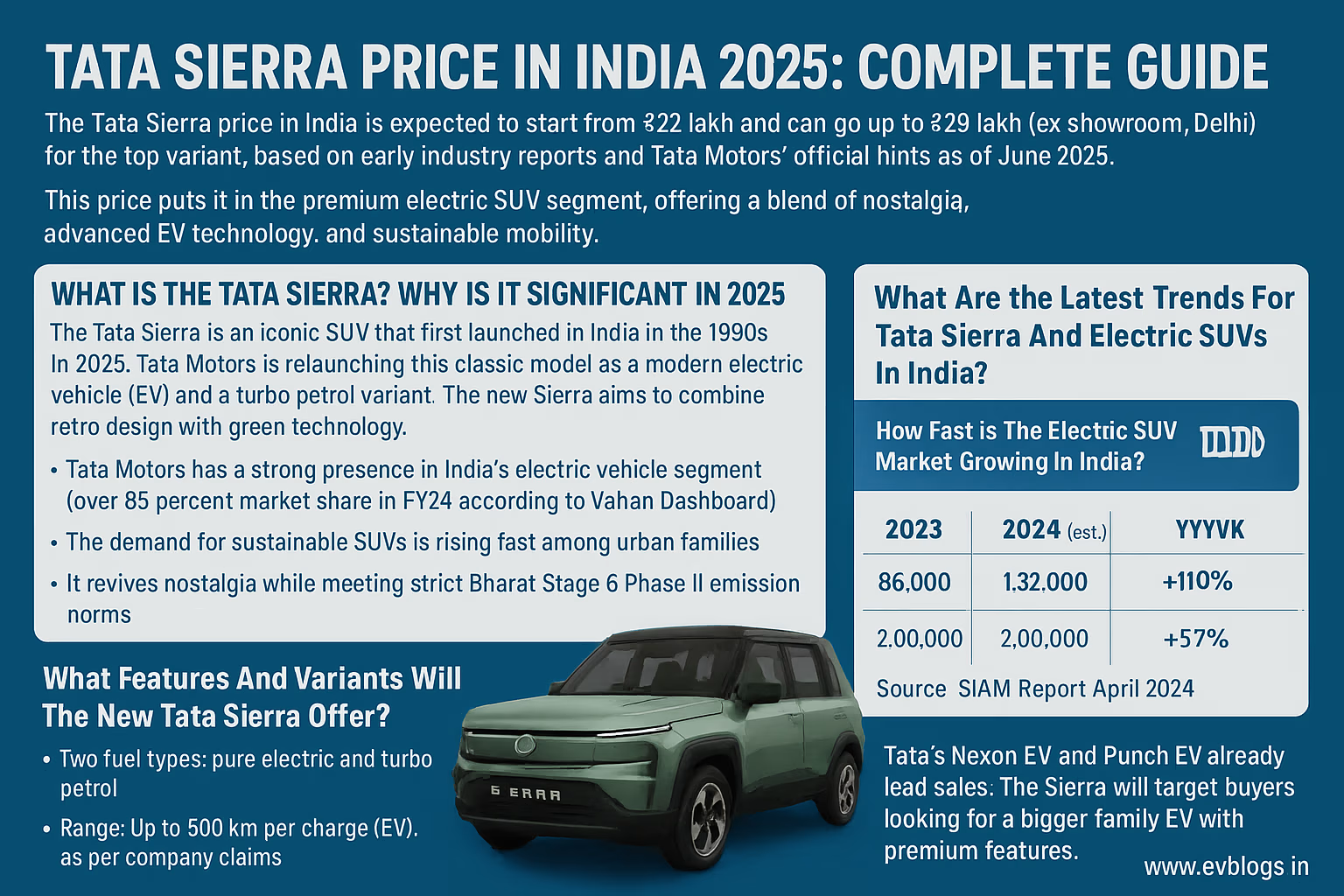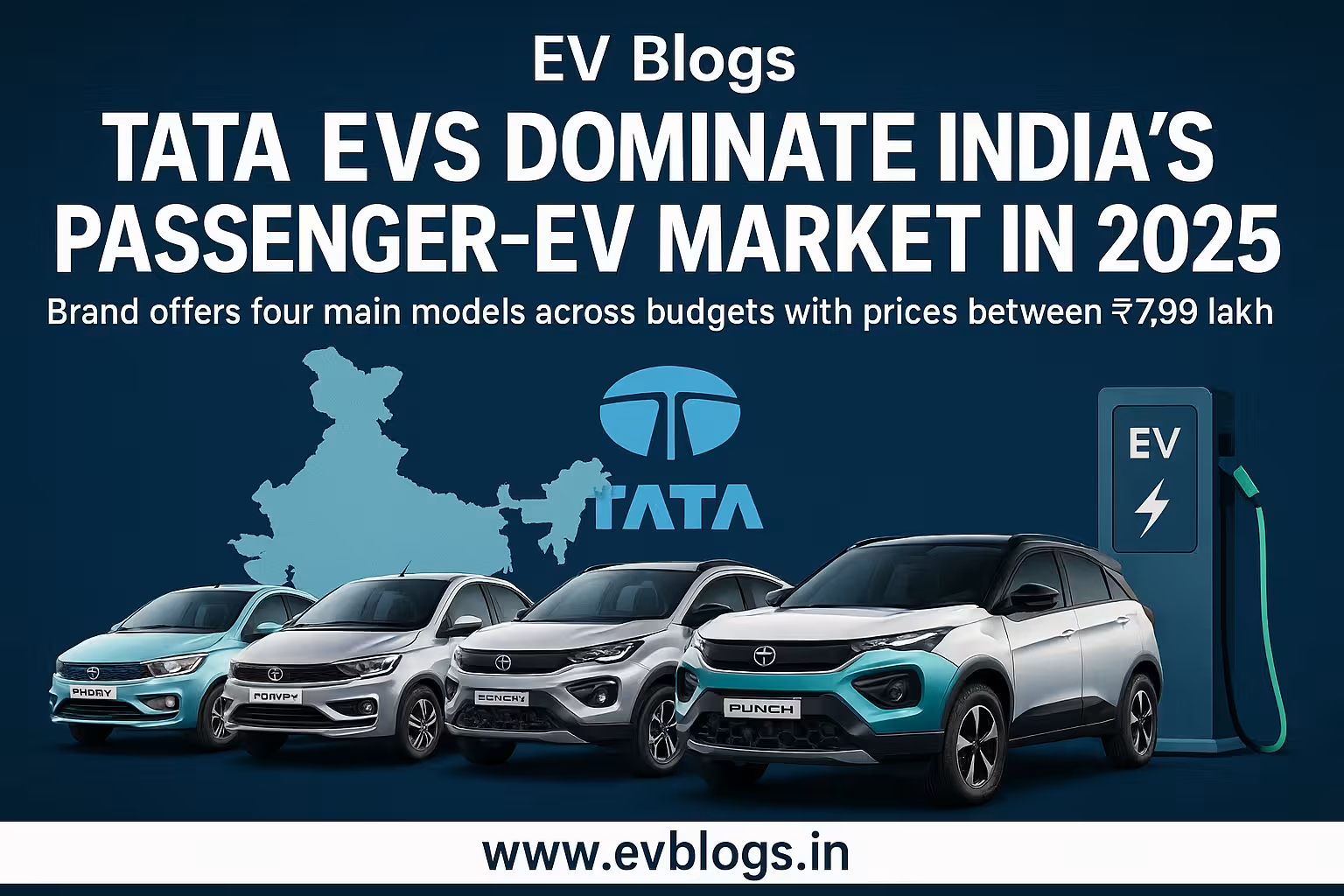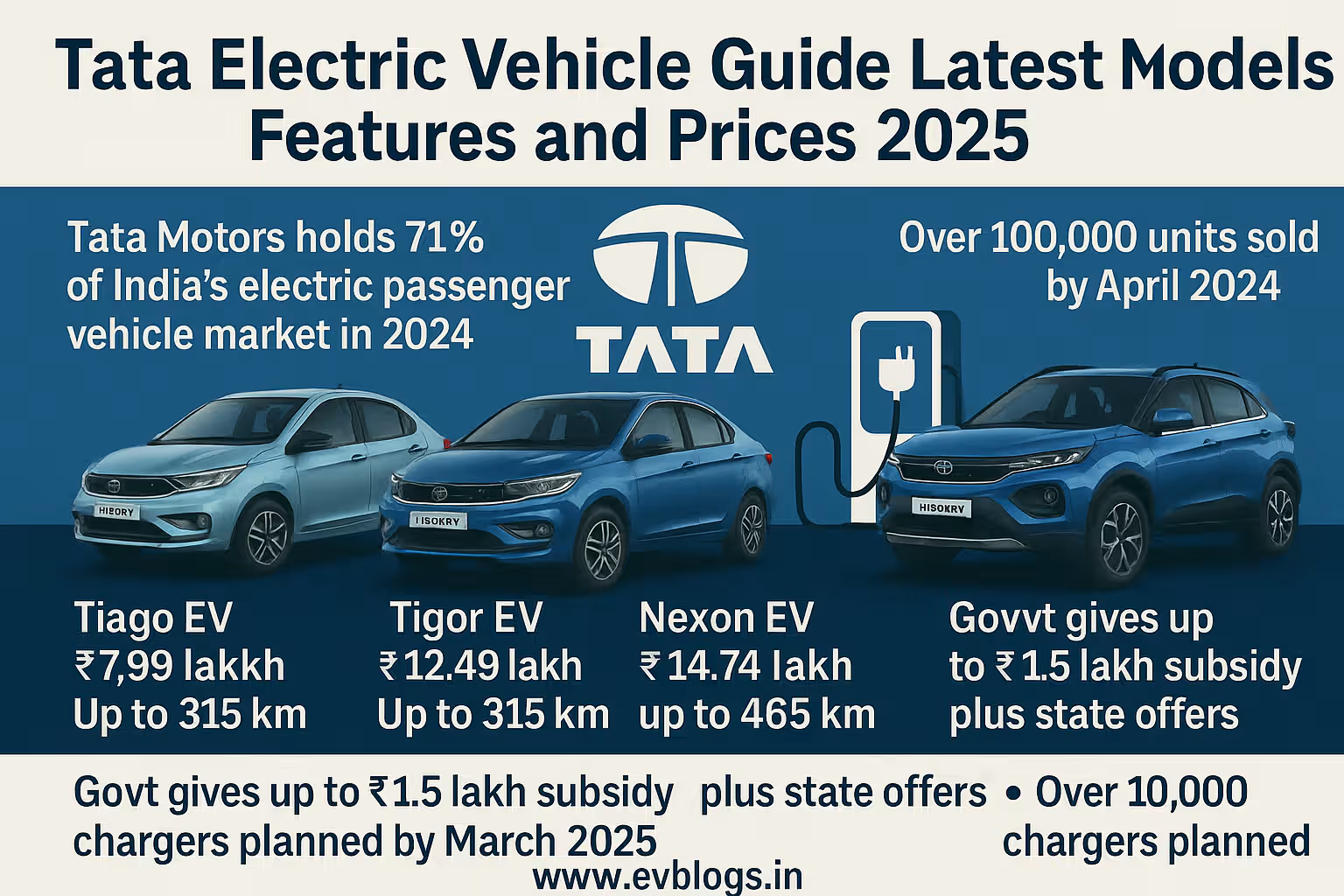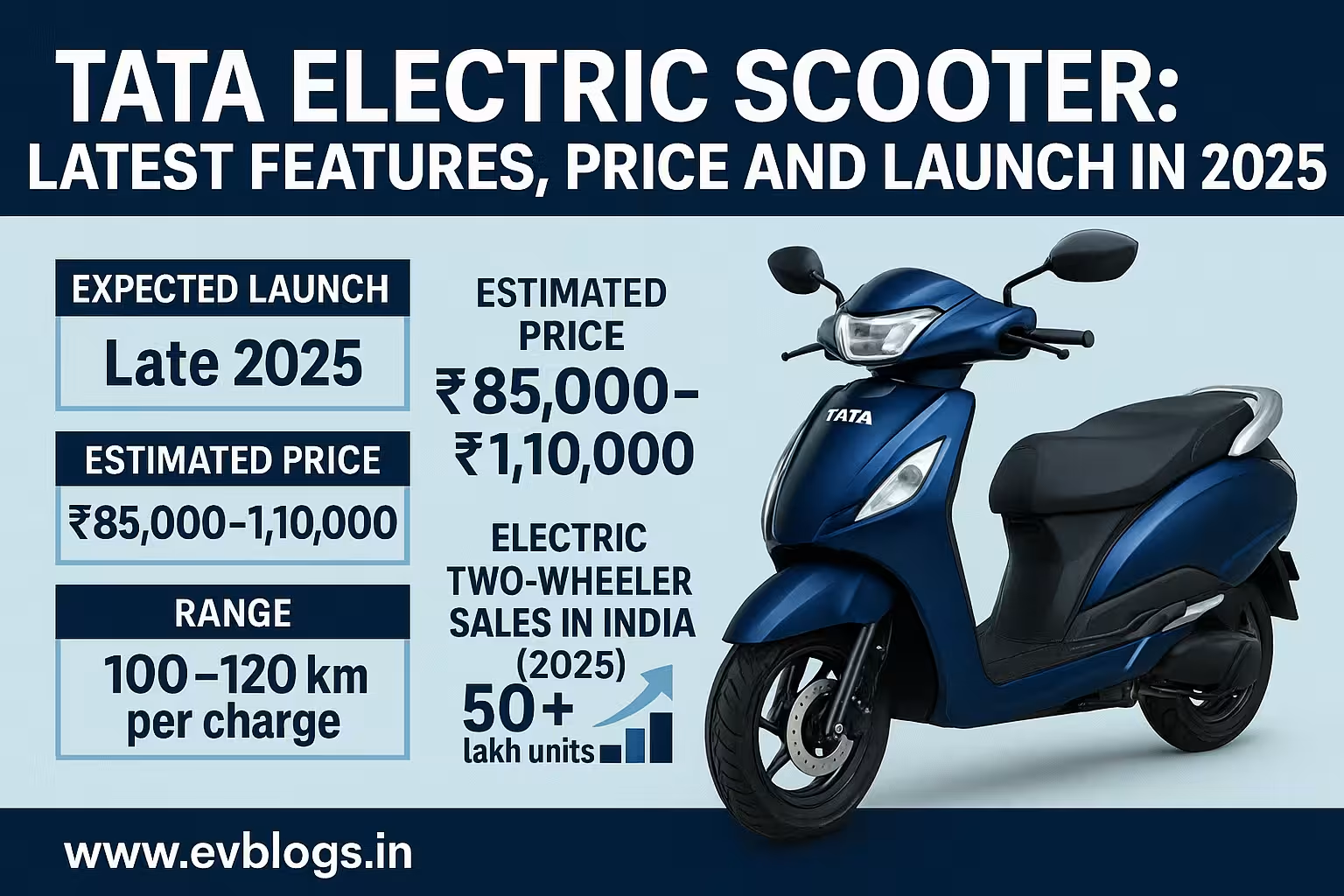Hedhvick Hirav
Hedhvick Hirav is a dedicated EV researcher and editor with over 4 years of experience in India’s growing electric vehicle ecosystem. Their contributions have been recognized in leading sustainability publications and automotive journals.
Summarize & analyze this article with
Choose an AI assistant and open this article directly:
Tip: if the AI doesn’t fetch the page automatically, paste the article URL manually.
NEW DELHI, Oct 25 — A recent analysis by CNET has compared the ongoing costs of charging electric vehicles (EVs) with refuelling petrol-powered cars, aiming to clarify which option is more economical for consumers. The study, which included input from industry experts and a review of real-world data, found that while EVs can offer savings in certain scenarios, the actual cost advantage varies significantly depending on where and how the vehicles are charged.
The report notes that the price of petrol in the United States currently averages around $3.80 per gallon (approximately ₹317 per 3.78 litres), though rates fluctuate by region. In contrast, EV charging costs depend on whether drivers use home charging setups or public fast-charging stations. Home charging, typically billed at standard residential electricity rates, tends to be the least expensive option for EV owners. According to the U.S. Department of Energy, the average cost to operate an EV is about $0.04 per mile when charged at home, compared to $0.14 per mile for a petrol vehicle with an average fuel efficiency of 25 miles per gallon.
However, the analysis highlights that public fast-charging networks—often necessary for long-distance travel or for those without home charging access—can be substantially more expensive. Fast chargers may charge rates equivalent to or even higher than petrol on a per-mile basis, depending on local electricity prices and network fees. For example, the report cites typical fast-charging rates of $0.40 per kWh, which can make a full charge for some EVs cost upwards of $30, narrowing the cost gap with petrol.
The CNET article underscores that the economic advantage of EVs is most pronounced for owners who can consistently charge at home, especially in areas with low residential electricity rates. Conversely, those relying on public infrastructure may find the cost savings less compelling, particularly as some fast-charging providers have recently raised prices to offset higher electricity and infrastructure costs.
Why it matters: As India and other countries push for greater EV adoption to reduce emissions and dependency on imported fuels, understanding the real-world economics of EV ownership is crucial for consumers and policymakers. The findings suggest that while EVs can be cheaper to run under ideal conditions, infrastructure and pricing disparities could impact their affordability for many users.
No direct expert quotes found in the original source.
Details
- The study also considered maintenance costs, which tend to be lower for EVs over time due to fewer moving parts and no need for oil changes.
- Factors such as government incentives, regional electricity pricing, and the availability of home charging equipment can further influence the total cost of EV ownership.
- The analysis was based on U.S. data, but the general trends are relevant to other markets, including India, where electricity prices and fuel costs also vary widely.
TL;DR: CNET’s comparison reveals that charging an EV at home is generally cheaper than petrol refuelling, but public fast-charging can be as costly or more expensive. The cost advantage of EVs depends heavily on charging method and local rates.
Sources
- cnet.com, 2023-10-23, Read original
Certainly! Here’s an additional factual paragraph expanding on the topic:
When comparing costs, experts note that charging an electric vehicle (EV) at home is typically much cheaper per mile than fueling a gas-powered car. According to the U.S. Department of Energy, the average cost to drive an EV is about $0.04 per mile, while a gasoline vehicle averages around $0.14 per mile, assuming national average electricity and gas prices. However, costs can vary depending on local utility rates, the efficiency of the vehicle, and whether charging is done at home or at public fast-charging stations, which can be significantly more expensive. Factoring in maintenance savings and potential incentives, EVs can offer substantial long-term cost advantages over traditional gas vehicles.
Sources & quotes
- Publishing domain: google.com
- Published date: 2025-10-25T15:15:00+05:30
- Original URL: Read original (news.google.com/rss/articles/CBMiygFBVV95cUxPeGh3MEIwWWw2aVFqVV9DdHlDR1Vwd… …)
Editorial Check
- Originality: 40 / 100 — The article covers a common comparison topic with standard expert input and calculations.
- Helpfulness: 70 / 100 — It provides useful cost comparisons, but is likely focused on US data, limiting direct relevance for Indian readers.


